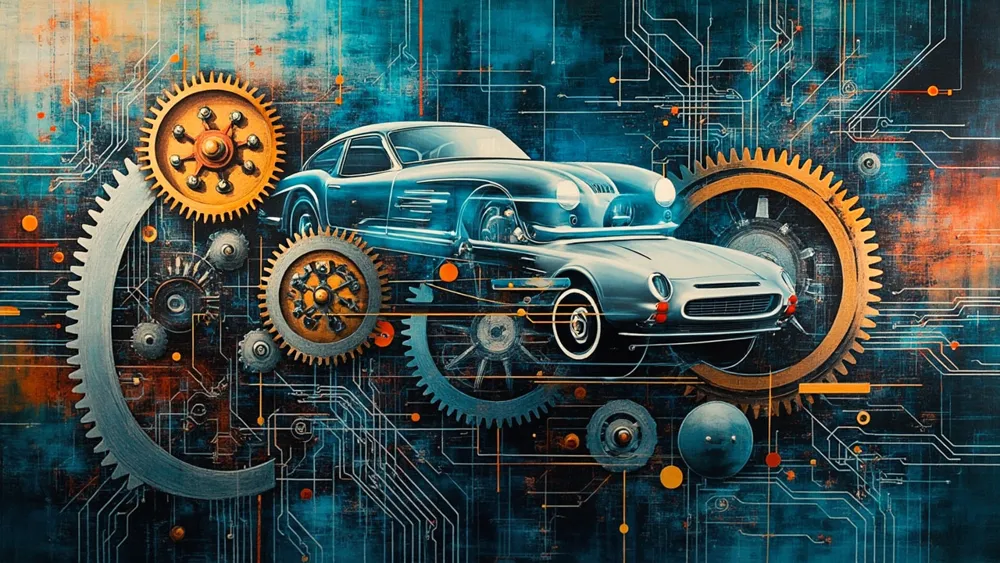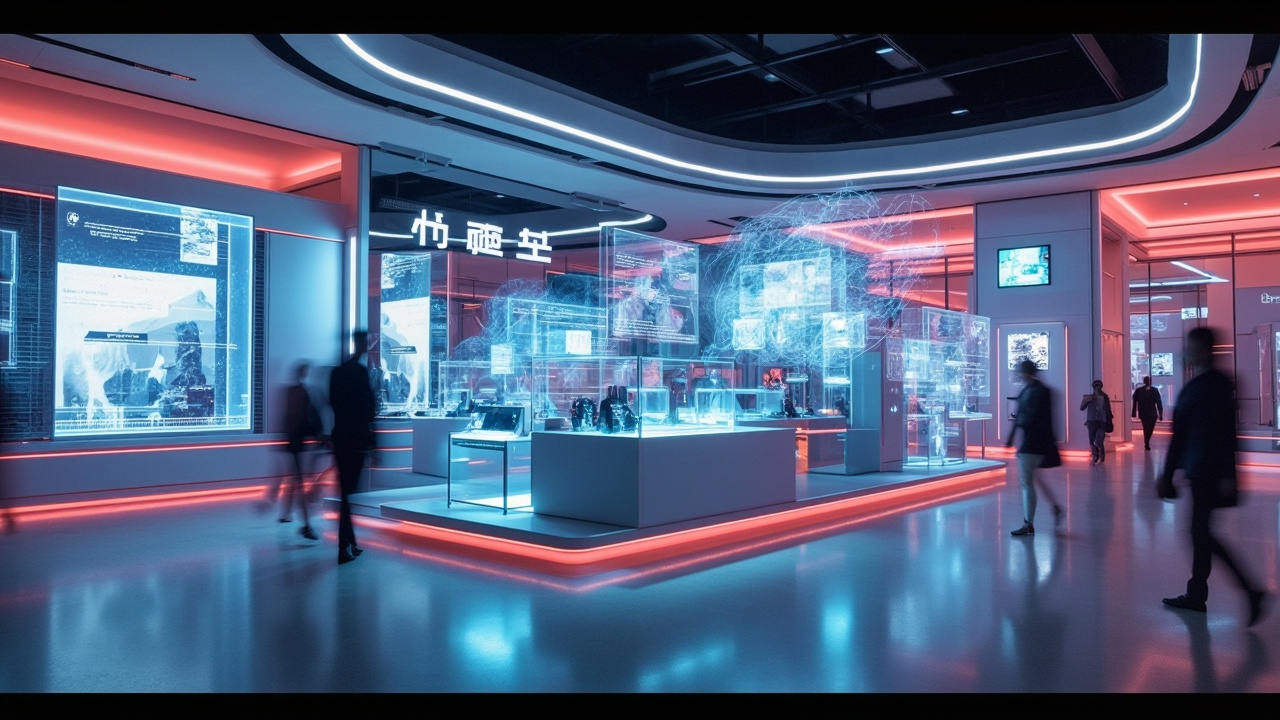Intel Responds to Shutdown of Automotive Division

Intel has announced the decision to shut down its automotive division, a move that will have significant repercussions for the automotive sector and the trajectory of smart car technology. This division, which focused on developing advanced semiconductor solutions for vehicle applications, had been a strategic part of Intel's broader efforts to capitalize on the growing demand for connected and autonomous vehicles.
The closure of the automotive division will lead to layoffs, affecting a number of employees involved in key projects. This decision reflects the ongoing challenges that Intel faces in the rapidly evolving automotive market, where competition from other tech giants and specialized automotive suppliers has intensified.
Industry analysts suggest that Intel's withdrawal from automotive could hinder the pace of innovation in smart car technology. With many automakers increasingly relying on advanced computing solutions to enhance vehicle performance and safety, the absence of Intel's contributions may slow the development of next-generation automotive technologies.
This move also raises questions about the future of Intel's overall strategy in the automotive sector, which has been under scrutiny as the company adapts to changes in consumer preferences and technological advancements. Despite previous investments aimed at establishing a foothold in this space, the company seems to be recalibrating its approach.
Intel's automotive division had been envisioned as playing a pivotal role in providing the processing power necessary for vehicle-to-everything (V2X) communication, essential for the future of transportation. As manufacturers integrate artificial intelligence and machine learning into vehicles, the potential loss of Intel’s expertise could have lasting effects.
The impact of this decision will likely extend beyond the company and its employees. Supply chain partners and other stakeholders in the technology ecosystem may also experience ripple effects as the automotive industry adjusts to Intel's exit.
In summary, Intel's closure of its automotive division marks a critical juncture for both the company and the automotive industry. As it lays off workers and reevaluates its presence in this sector, the implications for innovation in smart car technology remain to be seen.
Read These Next

Lawson's Next-Gen Store: The Future of Retail Tech
Analysis of Lawson's introduction of next-generation stores utilizing AI and robotics in Tokyo, focusing on automation in retail.

Lala Dora to Launch First Exclusive Truck with Changan in July
Cargo Lala will officially launch its first exclusive electric truck with Changan in July, focusing on user experience and performance.

Japan's Lunar Lander Crash Commentary
Commentary on the crash of Japan's lunar lander Resilience, emphasizing the challenges of space exploration and the importance of technological improvements.
